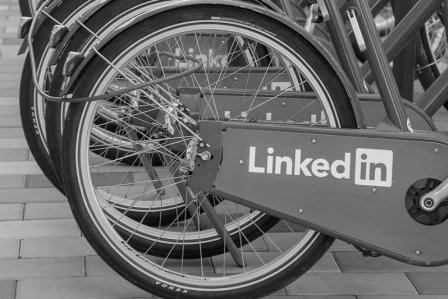
Industrial consumer: what is their purchasing decision process like?
Unlike the final consumer, who is a person that buys products and services for personal use, the industrial consumer is an entity that buys to use them in their own business operations. As such, it has its own particularities.
Behaviour of the industrial buyer
Business consumers today have a number of characteristics that make the B2B buying decision process complex. They are specialised, demanding, informed and negotiating professionals. Thus, marketing to them must necessarily be more sophisticated.
They are permanently connected and know their company, product and sector in depth, also on a technical level.
They require personalised customer service and increasingly demand high quality products at attractive prices, with exclusive promotions.
They are always on the lookout for a better price, better conditions and more favourable promotions.
Industrial purchasing decision process
The industrial consumer does not make purchasing decisions on impulse. The entire process can involve up to eight phases, which we detail below.
1. Problem or need recognition
The B2B buying process starts when someone in the company identifies a problem or need. For example, it may be that a new product launch requires the use of new raw materials or technologies. Or it may be that customers are demanding an improvement in the quality of an existing product.
From a marketing point of view, this moment is fundamental, because if we do not know the real problem or need of the industrial consumer in detail, it will be very difficult to determine which product or service is the right one for them.
2. Identification of possible solutions
Once the problem has been identified, it is time to look for products whose characteristics match the organisation's needs. The industrial consumer first selects possible solutions, before determining the most appropriate one.
At this stage it is key to have worked on brand awareness, to ensure that we are in the minds of the buyer(s).
3. Identification of the specific product type
Once the general characteristics of the needed product or service are known, the industrial consumer goes into detail. In many companies this process is carried out by technicians using instruments such as value analysis.
From our point of view as an agency specialising in B2B industrial marketing, we recommend having as detailed product data sheets as possible for this phase. Unlike B2B sales, there is never too much information in industrial sales, and it is important that suppliers provide the potential customer with as much information as possible about their products. The most detailed specifications can be decisive in the purchasing decision.
4. Sourcing suppliers
Once the industrial consumer has identified the product that can meet his needs, he searches for the most qualified suppliers and asks them to present their proposals and quotations.
5. Analysis of proposals and quotations
The higher the volume of purchase or the greater the strategic importance is, the longer this phase of the buying process will take.
It is common for industrial consumers to purchase goods and services on a large scale. In this way they obtain better prices and discounts.
In order to reach the final stage of the selection process, suppliers must strive to present attractive proposals, highlighting their capabilities and resources. The value proposition must be clear and straightforward.
6. Supplier selection
At this point, the industrial consumer carries out an analysis of the attributes that he considers most important. On the basis of these attributes, he makes a weighting to determine which of the suppliers is the most suitable for him. The main criteria are usually performance, economy, integration, adaptability, legality and quality.
7. Placing the order
This phase covers the final negotiations with the selected supplier, the signing of the contract according to the established purchasing and sales policies… the whole process up until the product is in the hands of the industrial consumer and can be used by him.
8. Commissioning and performance evaluation
In this phase, the workers who use the product play a major role. The extent to which we can maintain and expand our relationship with the company as a supplier depends to a large extent on their evaluation. It is therefore key to take care of a good after-sales service.
Kompass Smart Data, a source of data for companies
If there is one thing that distinguishes the purchasing process of today's industrial consumers, it is their sensitivity to the use of information. In this sense, data marketing is distinguished by the making of data-based purchasing decisions and the information available to them.
Kompass, as a supplier of commercial databases, has tailor-made solutions to make it easier for sales teams to integrate data with their own CRM. With Smart Data, the industrial buyer can update and enrich its database and thus achieve greater productivity and efficiency in the management of relations with its customers and suppliers, because with the right information it is easier to grow.
The BCM Marketing team, as specialists in designing Industrial Marketing strategies, we know the behaviour of the industrial buyer and how to accompany them during their purchasing process. Contact us and one of our consultants will help you to solve your doubts about how to implement your strategy to capture new leads or potential customers.











